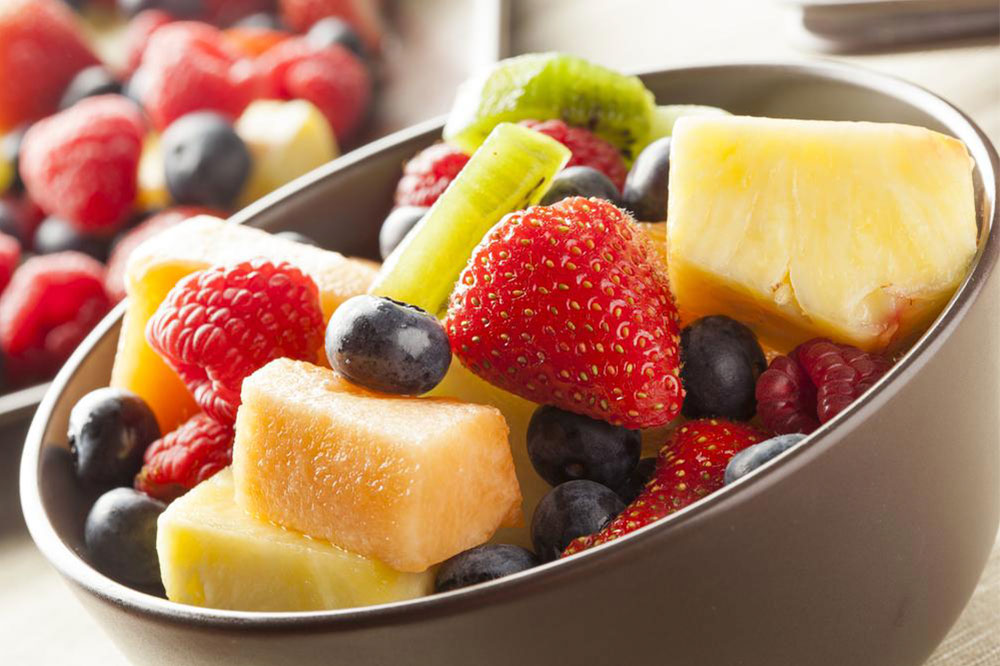
5 Beneficial Foods for Schizophrenia Patients
Like with other systems in the human body, the brain thrives on a healthy and nutritious diet. Severe dysfunction of a group of neurotransmitters in the brain contributes to schizophrenia, and people diagnosed with this condition usually trod on a path of unhealthy eating habits. Multiple research studies indicate that the intake of saturated fat, red meat, excessive dairy products, and refined sugars leads to the progression of schizophrenia. Also, studies suggest that prevention or management of the condition can be achieved through positive changes in the dietary patterns of people afflicted with this chronic mental condition. Here’s what people should choose to eat when they have schizophrenia:
- Fruits
An intake of colorful fresh or frozen fruits is a good place to begin. Boosting one’s fiber and vitamin C intake with oranges, apples, pears, bananas, and colorful berries helps keep other health conditions like heart disease, diabetes, and obesity at bay. - A variety of vegetables
Eating a variety of low-fat, vitamin-rich vegetables introduces all the micro- and macro-nutrients essential for the effective functioning of the brain. Omega-3 fatty acids, antioxidants, potassium, folate, and vitamin B complex are essential nutrients, and excellent sources of these are leafy greens, sweet potatoes, soybeans, sunflower seeds, almonds, blueberries, and curcumin. Additionally, the fiber content of veggies aids digestion, lowers the bad cholesterol levels, and keeps blood sugar levels in check. - Foods with omega-3 fatty acids
Omega 3 fatty acids are the ideal source of healthy fats required by the brain and help in the smooth communication between neurons in the brain. The correct proportion of healthy fats in the body helps control learning, boost memory power, and manages emotional well-being. The ideal sources of healthy fats are seeds, nuts, vegetable oils, and oil from cold-water fish that are low in mercury like salmon, sardines, mackerel, herring, trout, and mullet. Omega-3 fatty acids not only help prevent the onset of schizophrenia but also helps ease the symptoms and slow the progression of the disease. - Foods with niacin
Natural dietary sources of niacin or supplements of this micronutrient in regulated quantities help slow down the advancement of schizophrenia. Some niacin-rich foods to eat when one has schizophrenia are chicken liver, chicken breast, tuna, turkey, salmons, anchovies, peanuts, avocados, brown rice, whole wheat, green peas, and mushrooms. - Dietary sources of vitamins B6 and B12
Essential for the synthesis of neurotransmitters in the brain that control moods and sleep patterns, increasing one’s intake of vitamin B is important to avoid health issues. Apart from supplements, foods rich in vitamin B complex are leafy greens like spinach for folate, soybeans, poultry, sweet potatoes, and seafood like sardines, salmon, and shrimp.
The brain is the primary control center of the human body, so when considering what to eat when one has schizophrenia, following a nutritious diet that supports brain functioning is one of the best ways to help ensure mental well-being.


